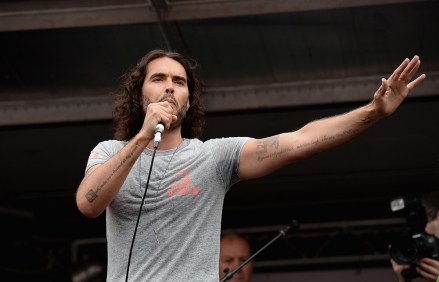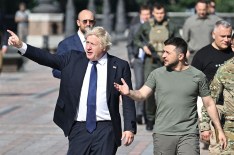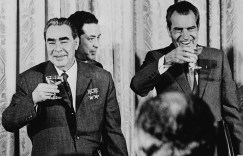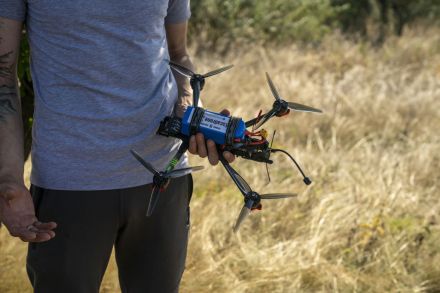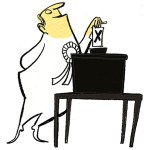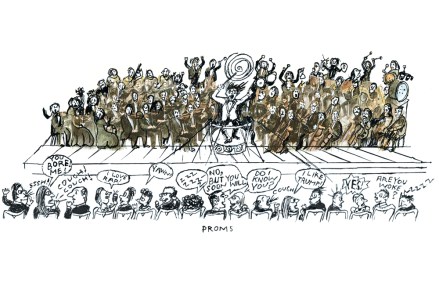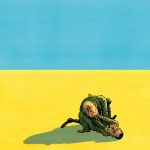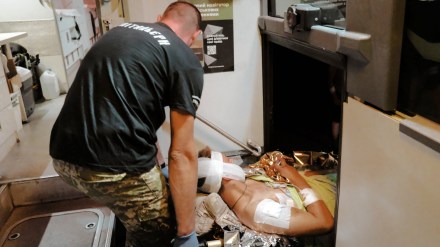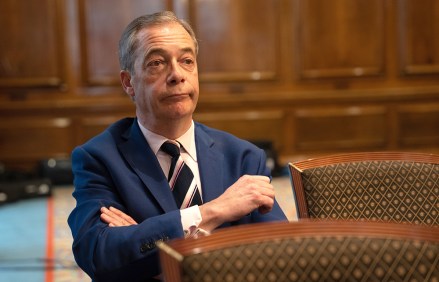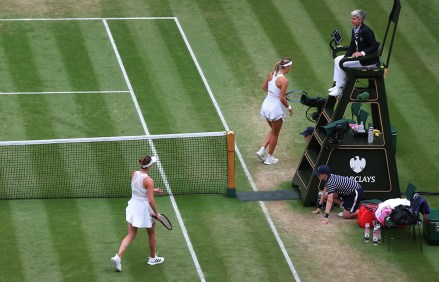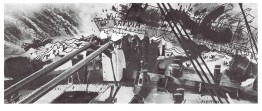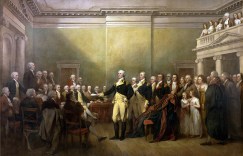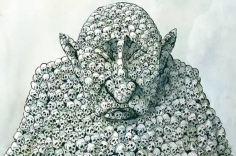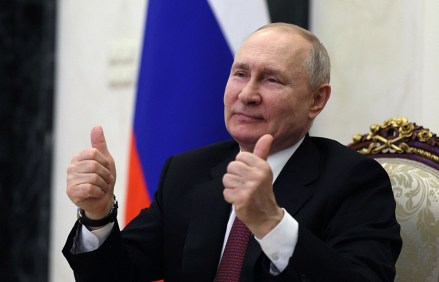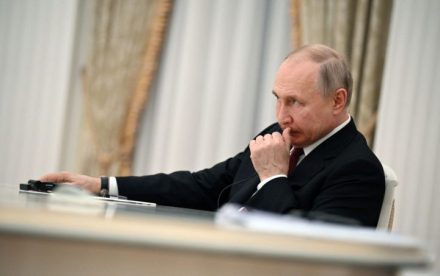Why wasn’t Russell Brand cancelled in his prime?
In 2014, Rolf Harris was convicted of sexual offences against girls. I wrote in this space that this would have represented more of a cultural change in the treatment of celebrities if he had been unmasked at the height of his fame. Current stars, I suggested, are much more rarely denounced: ‘I would not dream of suggesting that Russell Brand is a sex criminal, but we know, from his own account, that he has slept with a great many women.’ He had even, on his infamous Radio 2 show, boasted of sleeping with Andrew Sachs’s grand-daughter, yet ‘the BBC broadcast this as comedy’. ‘If the celebrity wheel of fortune ever went
